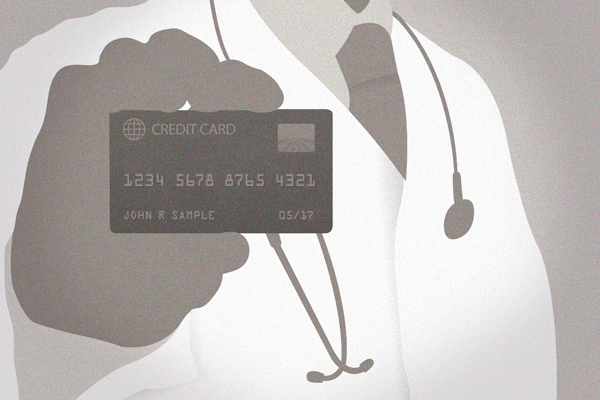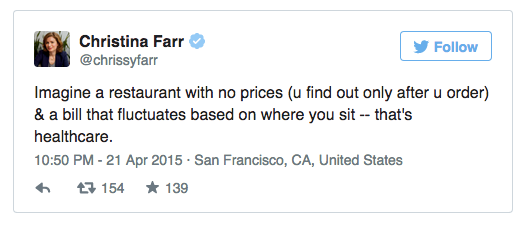This article over on HelpScout’s blog is all about how to write well. How easy reading is damn hard to write. Well, you’re not writers, you’re healthcare professionals… but the concept still applies.
It applies in the most basic of ways — how you communicate with your patients. You have to translate medical terminology into something your patients can understand (they didn’t go to medical school at all, remember?). You have to break it down into simple, everyday words. What you say must be easy to digest. That means getting rid of all the excess stuff. Stuff like phrases that only repeat your point rather than further illustrating your point — there’s a difference.
Like the article says, “Great writing moves you effortlessly through the words; reading becomes as quick as thought.” Which is why it’s more than what you say or don’t say. It’s how you say it.
This whole “easy reading is damn hard” concept also applies on a deeper level of Direct Care. A level that stretches beyond writing, actually. This level is why your patients love you so much. It’s why they feel the need to tell people in the supermarket line about you. It’s because you make healthcare easy for them. You make them feel good about the decision they made to be part of the Direct Care movement. You make them feel empowered by their choice to ditch red tape and middle men. You make them healthier and more confident as they leave the tangled web that is health insurance behind.
So as you continue to provide excellent care for your patients, you’ll also continue to find your own style. Your own writing style, your own bedside manner style, your own practice style.
“Novelist Neil Gaiman once said that writers find their own voices only after they’ve sounded like a lot of other people. On the road to writing your own seminal sentences, start by studying those that have stood the test of time.”
We want to help make all this easier on you. We’ve done the legwork, the really hard stuff. We, and many others, have built Direct Care practices which have stood the test of time. So while you’re busy finding your own voice, it’s okay to use ours for a while. Get it in the DPC Curriculum. Get it through our free consulting services. We’re standing by at hello@atlas.md, excited to hear how you’re working hard to make life easier for your patients!





